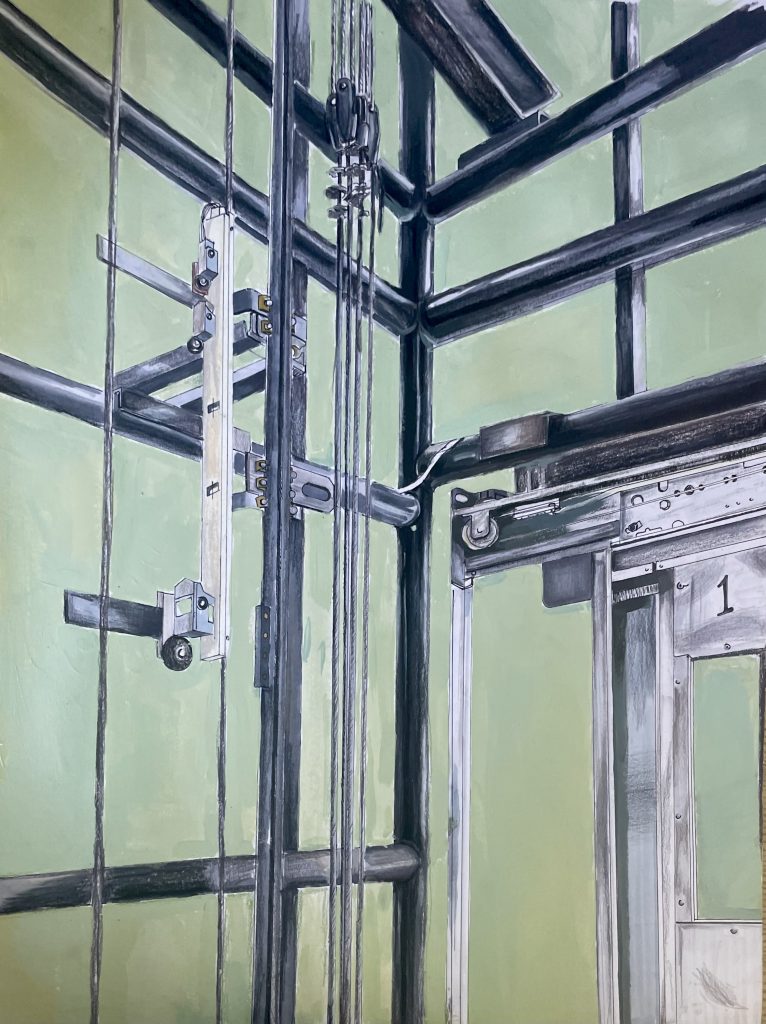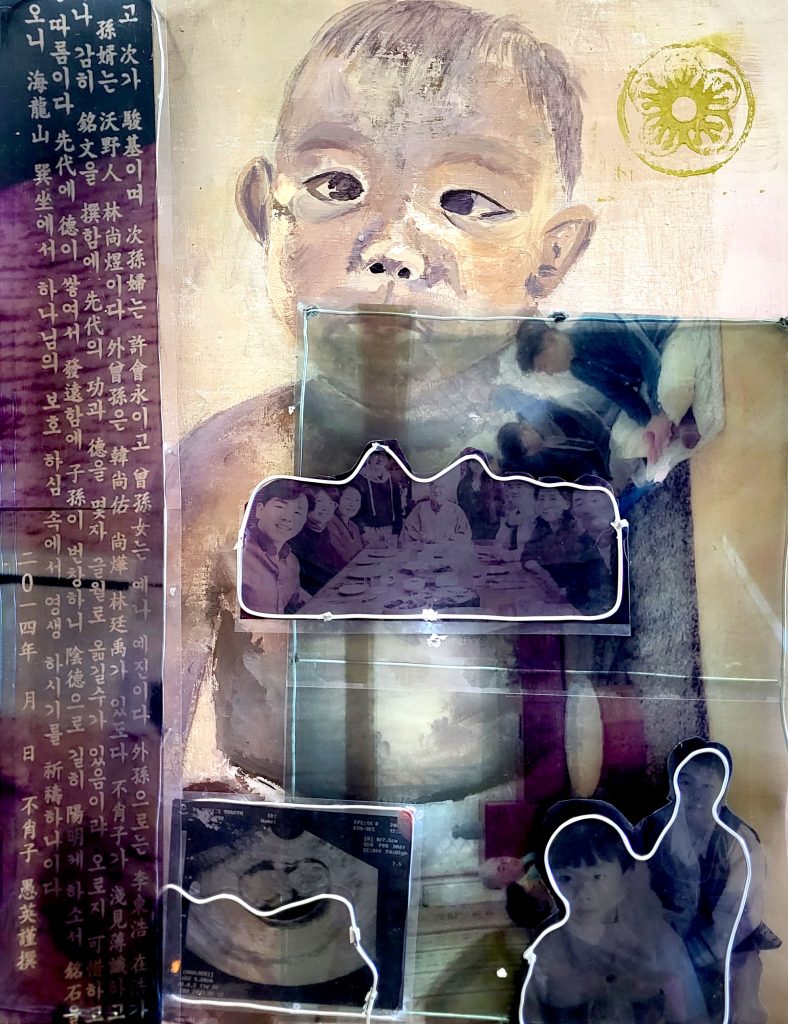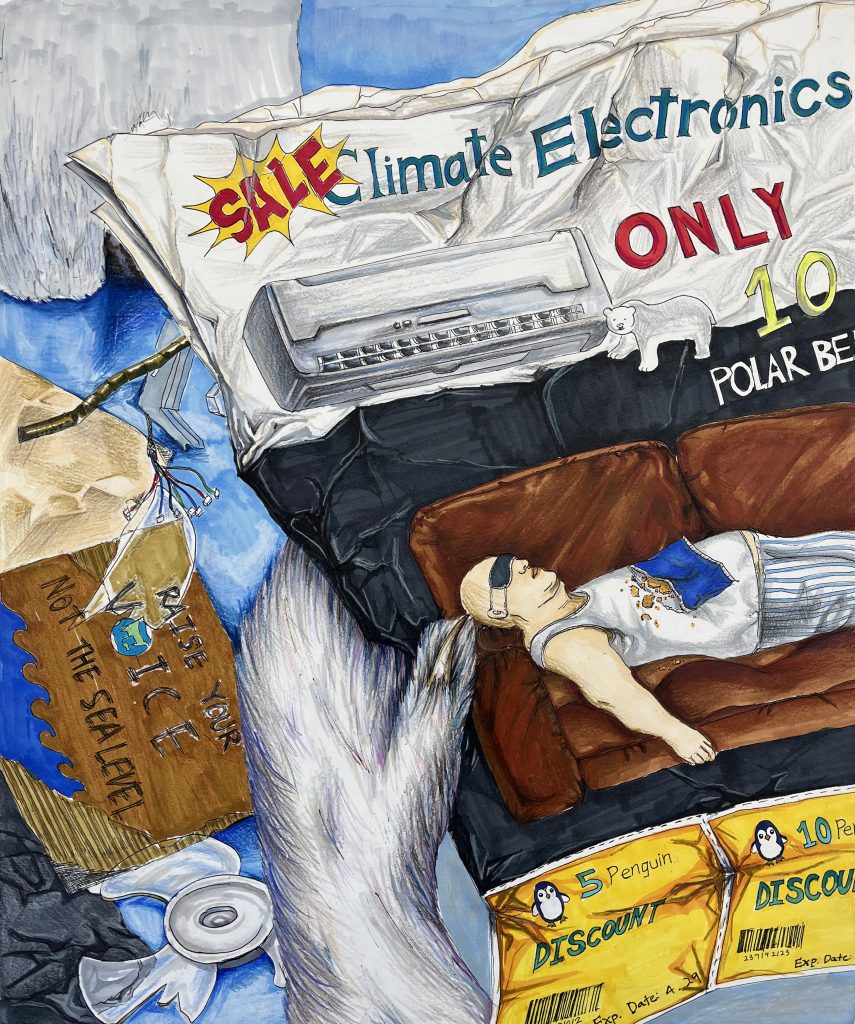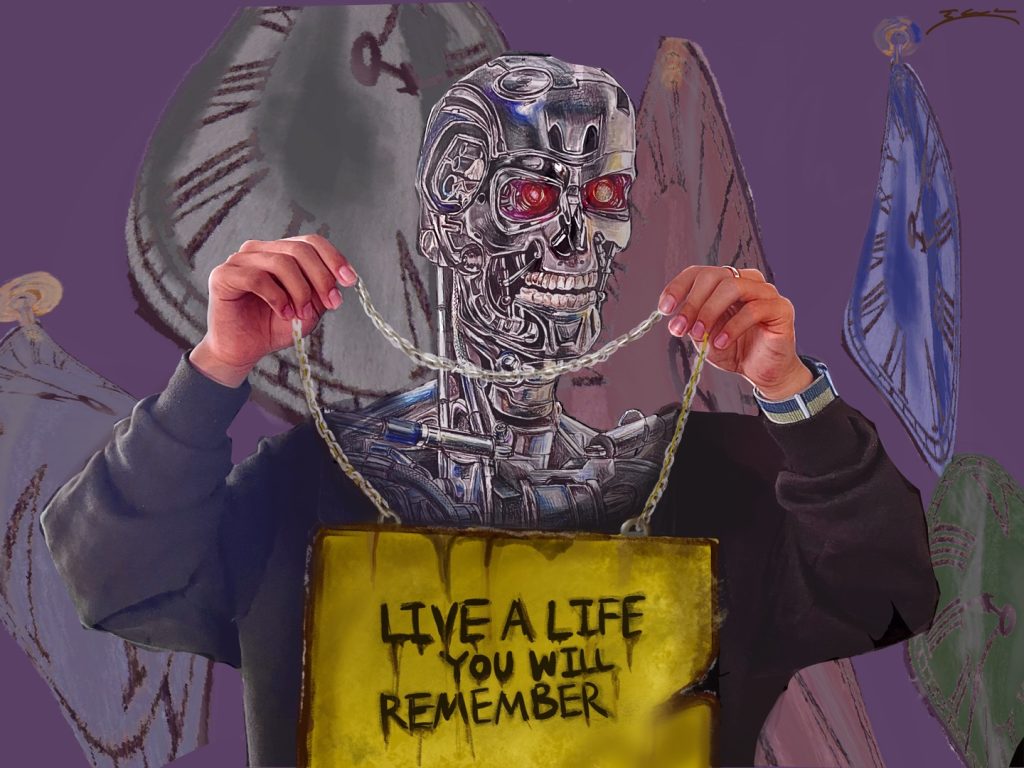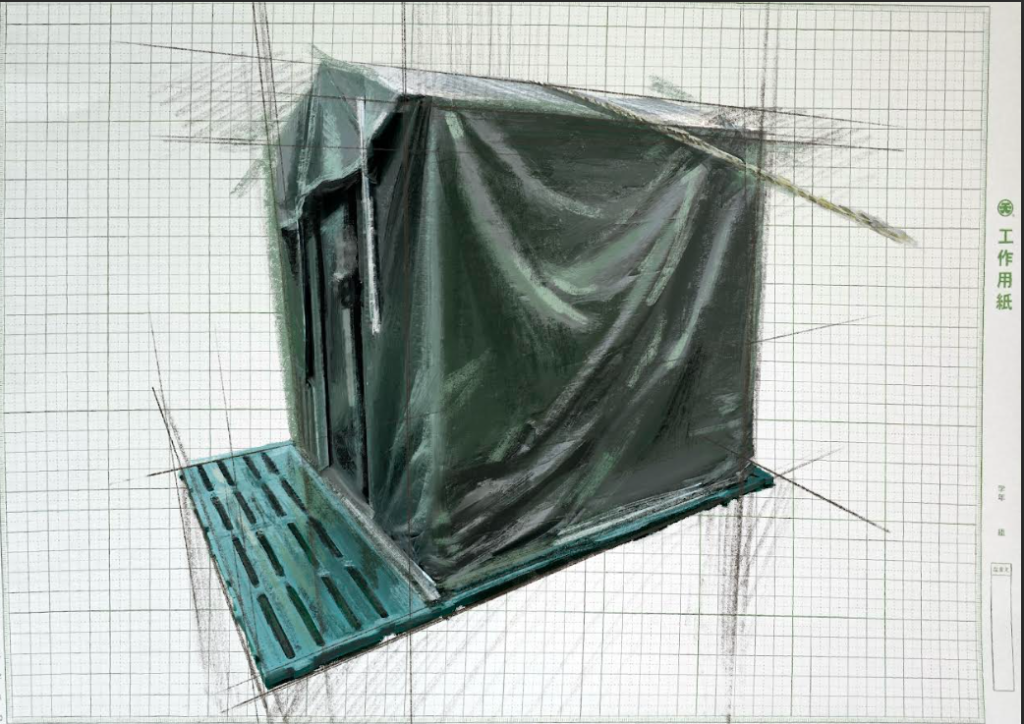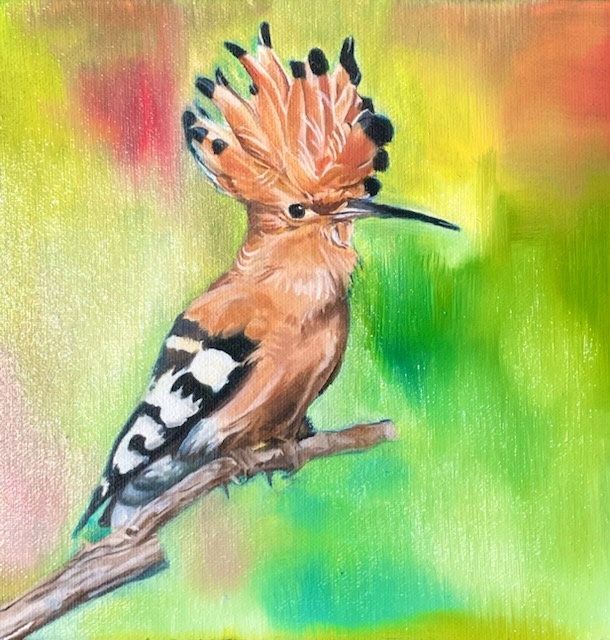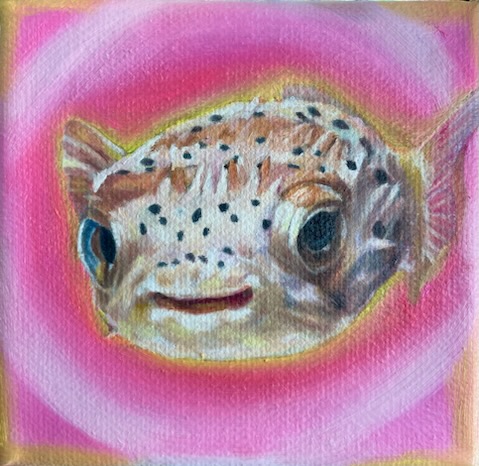The Dog and the Floor
The dog is laying on the wooden floor
It has brown and white patterns on it
And a round long body with stripes
The wooden floor, which is 30 years old
has stains all over it which looks like a piece of art
and has crumbs of food between its cracks
The crumbs, which are made of food and dust
abandoned for years and years to come
await eternal custody between the cracks
The cracks, created from constant use of the floor
continues to expand further and bigger
eventually taking over sections of the floor.
The stains, which were results of liquid spills
is left on the floorboard as a remembrance of them
And would never be erased or forgotten
The Punishment of Filth
Step down or you will stay
where the crayfish sleep
Possibly eating the crayfish too
Where all the lost and defeated go
For the rest of their lives
With their cheeks open for eternity
How the fish would poke
And feed on your excrements
How tingly and provocative it feels
But apart from it
There is nothing one can do
To stop this from happening
The tedious process
certainly bores one to the death
And makes one regret
what sins he committed
All that awaits one is the infinite punishment
Here I Sit
The exhausted man,
with his eyes barely wide
trudging slowly toward the can
after getting a drink goes to the side
The happy child
And his ice cream on a cone
became satisfied and smiled
With his teeth whiter than a bone
The giant statue
With its condition at the purest
Its glory matches to
a rhythm of a beautiful courant
The miserable lady
With her makeup wet in the rain
Wanting to cry like a baby
And her whole mind in vain
The old man
sitting on the bench
watching his old hometown
reminisces his town’s past
The woman with a red dress
Sitting on a wooden bench
Drinking a cup of hot coffee
looks at her phone
Ethan Lee is a student who loves expressing himself through creative writing. He enjoys writing stories, poems, and reflections inspired by the everyday world. When he’s not writing, Ethan can be found reading, sketching, or exploring new ideas. He believes in the power of words to inspire creativity and connection.

